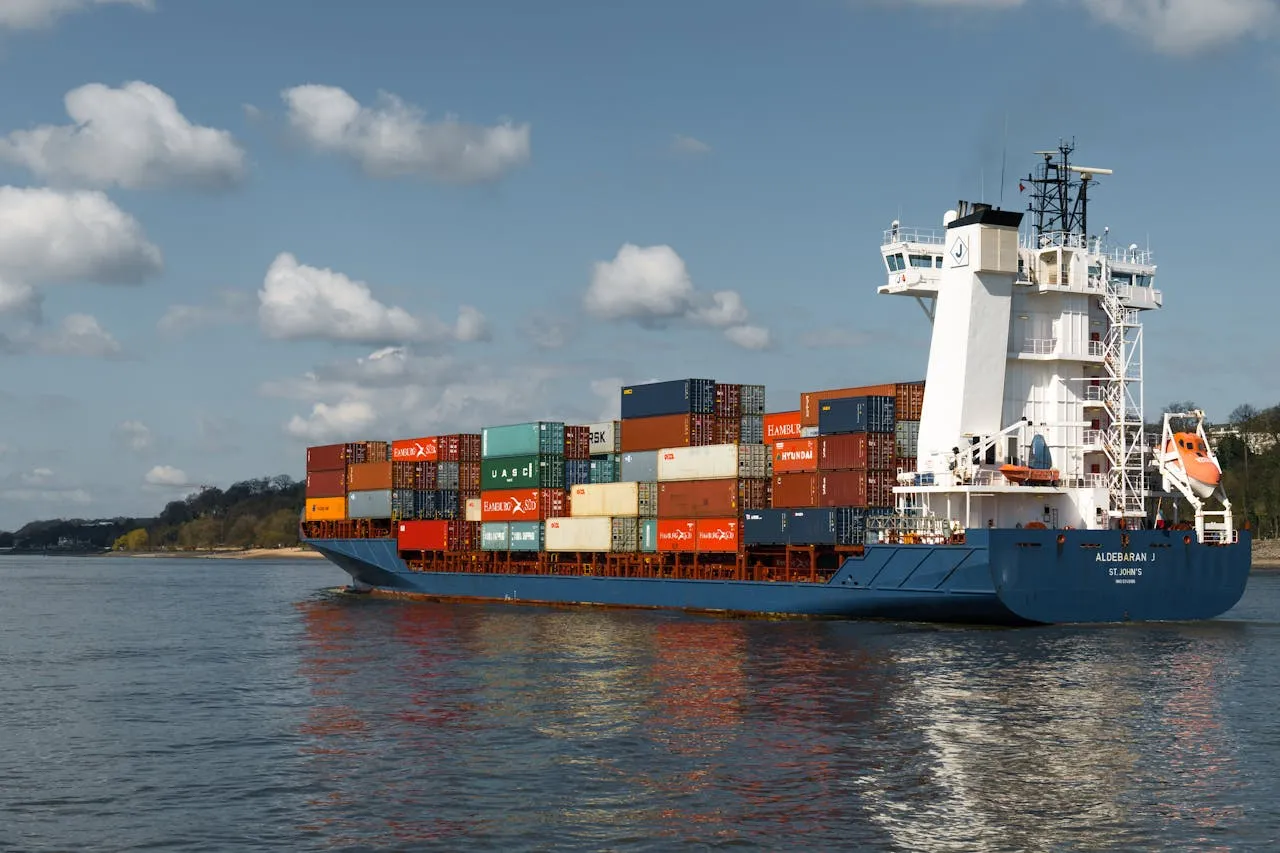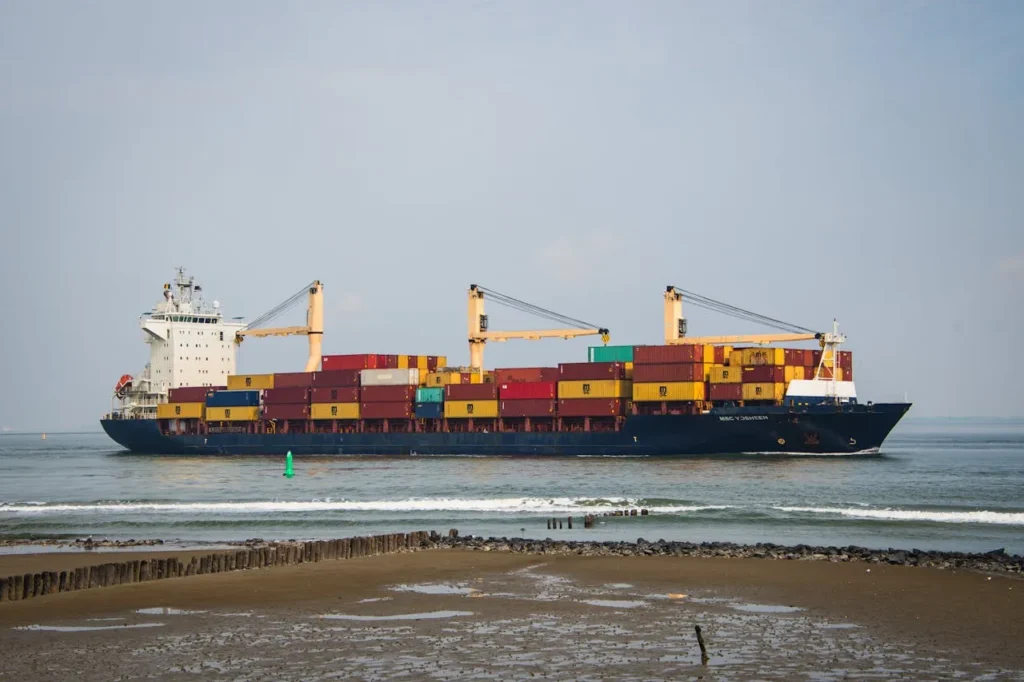
apexanalytix Boosts Supply Chain Resilience with Live Tariff Risk Intelligence
apexanalytix® (“apex”), a global leader in supply chain risk management data, software, and services, has announced a major enhancement to its flagship Supplier Risk Management solution—introducing real-time tariff risk monitoring. This strategic expansion empowers organizations to gain immediate visibility into the financial and operational impact of changing trade policies and tariff regulations, providing the intelligence needed to safeguard supply chain stability and profitability.
As global markets grow more interconnected and complex, trade policy uncertainty has become a persistent challenge for procurement leaders and supply chain managers. Sudden shifts in tariff regimes—whether due to political disputes, economic sanctions, or new trade agreements—can disrupt sourcing strategies, increase operational costs, and jeopardize long-term supplier relationships. apexanalytix’s new tariff risk intelligence capability equips businesses with the real-time insights they need to stay ahead of such changes and make proactive, informed decisions.
“In an increasingly volatile global trade environment, understanding tariff risk is essential for maintaining resilient and cost-effective supply chains,” said Will McNeill, Vice President of Market Intelligence at apexanalytix. “Without clear visibility into tariff exposure, companies are left to make reactive decisions that may lead to operational delays, cost overruns, or compliance violations. By integrating tariff risk intelligence directly into their broader supplier risk program, our clients can better assess potential impacts, identify viable sourcing alternatives, and protect margins while maintaining continuity.”
Navigating Complexity with Real-Time Tariff Monitoring
The addition of tariff risk intelligence builds on apexanalytix’s proven track record of helping global enterprises assess and mitigate a broad spectrum of third-party risks—from financial stability and regulatory compliance to cybersecurity and ESG (environmental, social, governance) metrics. Now, by incorporating a real-time view of trade tariffs, duties, and related cost factors, the platform provides a critical layer of visibility that procurement teams need to understand how macroeconomic shifts might affect their supplier ecosystem.
This new capability enables organizations to monitor and analyze tariff changes across multiple jurisdictions and product classifications, ensuring they are equipped to:
- Track global tariff adjustments and trade policy shifts in real time, including import/export duties, country-of-origin changes, and industry-specific levies.
- Estimate landed costs and profit margin impact with dynamic modeling tools that assess how new tariffs influence total cost of ownership across the supplier base.
- Identify materials, suppliers, and finished goods most vulnerable to tariff changes, enabling targeted risk assessments and contingency planning.
- Detect single or sole-source dependencies where alternative suppliers may not be readily available, which can compound risk in volatile tariff environments.
- Uncover supplier dependency risks, including high concentrations of trade with specific countries that may be subject to regulatory disruption.
- Consolidate and manage critical tariff-related data, providing a centralized view of exposure and response strategies across the supply chain.
- Collaborate with suppliers in real time to confirm, quantify, and resolve tariff impacts, improving transparency and communication throughout the network.
- Develop data-driven mitigation strategies, including cost pass-through modeling, re-sourcing, and long-term resilience planning.
Why Tariff Risk Intelligence Matters Now

Tariffs have emerged as one of the most unpredictable variables in international trade. Over the past decade, geopolitical shifts have driven countries to implement, modify, or repeal tariff structures at an unprecedented pace. From the U.S.–China trade conflict and Brexit to pandemic-era supply shocks and recent economic sanctions, businesses have faced a growing need to anticipate and respond to sudden policy changes.
For supply chain leaders, the lack of real-time visibility into how tariffs affect supplier costs and logistics has often meant dealing with the consequences only after disruptions occur. This reactive posture not only jeopardizes revenue but also complicates efforts to maintain compliance with local and international trade laws.
By embedding tariff risk intelligence into the apex Supplier Risk Management solution, clients can now integrate tariff visibility into their sourcing and operational planning processes. This proactive approach helps companies avoid costly surprises, maintain product flow, and remain competitive in turbulent markets.
Trusted by Industry Leaders
apexanalytix has consistently demonstrated excellence in delivering supplier risk solutions that scale with the complexity of modern enterprises. The company was recently recognized for the highest “Ability to Execute” in the 2025 Gartner® Magic Quadrant™ for Supplier Risk Management, reflecting its focus on innovation, usability, and customer success.
With a global client base that spans Fortune 1000 companies across retail, manufacturing, healthcare, financial services, and technology, apexanalytix provides both the breadth of coverage and depth of insight needed to support sophisticated global operations. The addition of tariff risk intelligence is expected to further enhance the company’s value to procurement, compliance, and risk management teams around the world.
“We see this capability as an essential step forward in our mission to help enterprises future-proof their supply chains,” said McNeill. “The ability to assess tariff risk in real time gives our clients a competitive edge—not only to react faster but to make better strategic decisions that optimize cost, mitigate risk, and strengthen supplier relationships.”
Practical Applications and Use Cases
The practical benefits of tariff risk intelligence are numerous and extend across strategic sourcing, operational planning, and compliance oversight. Some key use cases include:
- Strategic Sourcing Adjustments: Businesses can reroute sourcing away from regions with rising tariffs, identifying lower-risk alternatives based on real-time data.
- Product Cost Forecasting: Finance and procurement teams can model future landed costs under different tariff scenarios, informing pricing strategies and margin planning.
- Supplier Audits and Compliance: Organizations can more easily evaluate whether suppliers are compliant with country-of-origin labeling and duty regulations.
- Resilience Planning: With visibility into dependencies and vulnerabilities, supply chain teams can craft more robust business continuity plans that account for tariff-driven shocks.
A New Standard for Supplier Risk Management
As supply chain resilience becomes a boardroom priority, companies must adopt tools that go beyond traditional risk detection and deliver predictive, actionable intelligence. apexanalytix’s Supplier Risk Management solution—now enhanced with tariff risk monitoring—provides precisely this: a holistic, integrated approach that enables organizations to continuously monitor, evaluate, and act on supplier risks in a fast-moving global environment.
By offering real-time tariff tracking alongside a full suite of risk indicators, apexanalytix is setting a new standard for how businesses manage supply chain complexity. Whether navigating trade wars, responding to sanctions, or managing compliance across multiple jurisdictions, companies that leverage this solution will be better positioned to lead with resilience, agility, and confidence.

